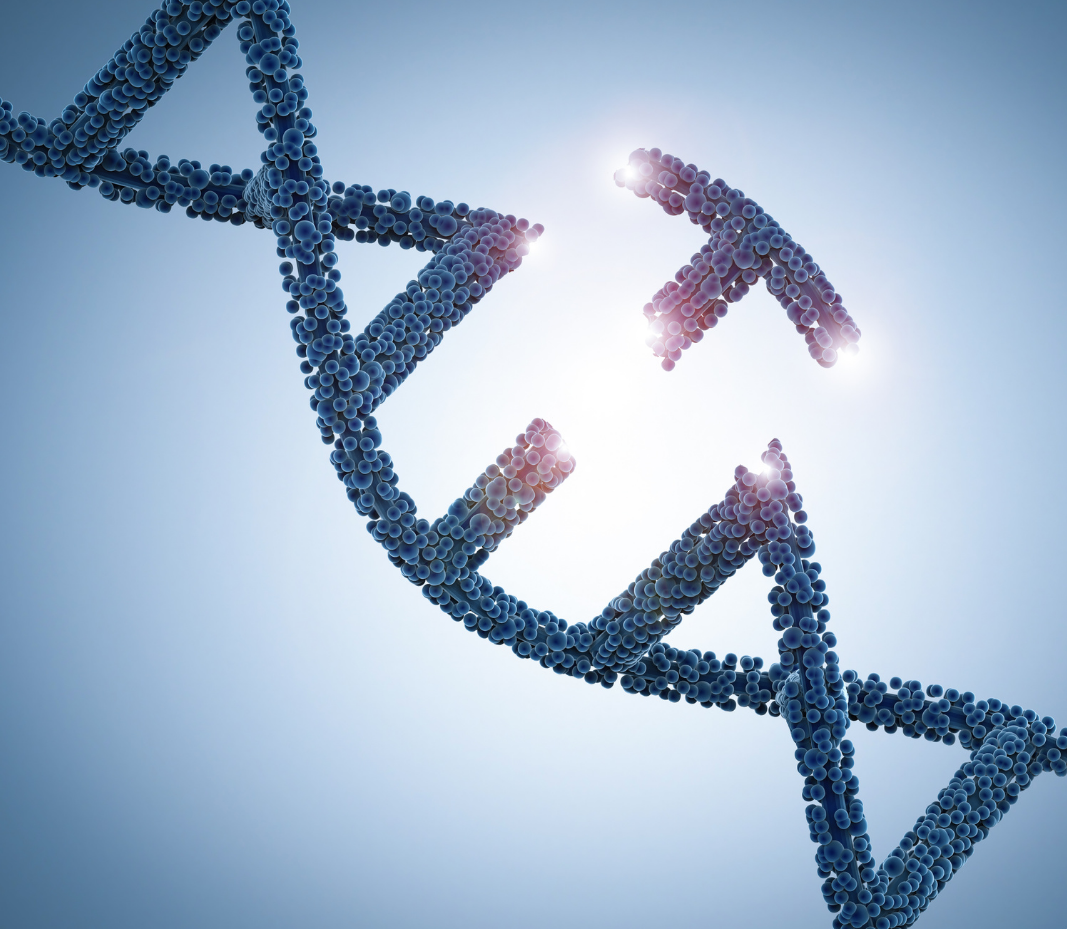Aggregated News

The National Health Research Ethics Council (NHREC) has confirmed that heritable human genome editing (HHGE) remains illegal in South Africa, after changes in the latest version of the South African Ethics in Health Research Guidelines sparked concern among researchers that the country was poised to become the first to explicitly permit the use of genome editing to create genetically modified children.
The guidelines were issued in May, but the new section on HHGE appeared to go largely unnoticed until an article in The Conversation in October — “South Africa amended its research guidelines to allow for heritable human genome editing” — brought it into the spotlight.
In a statement, the chairperson of the NHREC, Professor Penelope Engel-Hills, acknowledged that the wording in the guidelines may have caused some confusion and “unnecessary alarm”, but stated that “reading in” a permissive approach concerning heritable human genome editing was “unconvincing”.
“Firstly, the National Health Research Ethics Council of South Africa (NHREC) wishes to clarify that neither the National Health Act, nor the 2024 National Guidelines on Ethics in Health Research, legalise...



